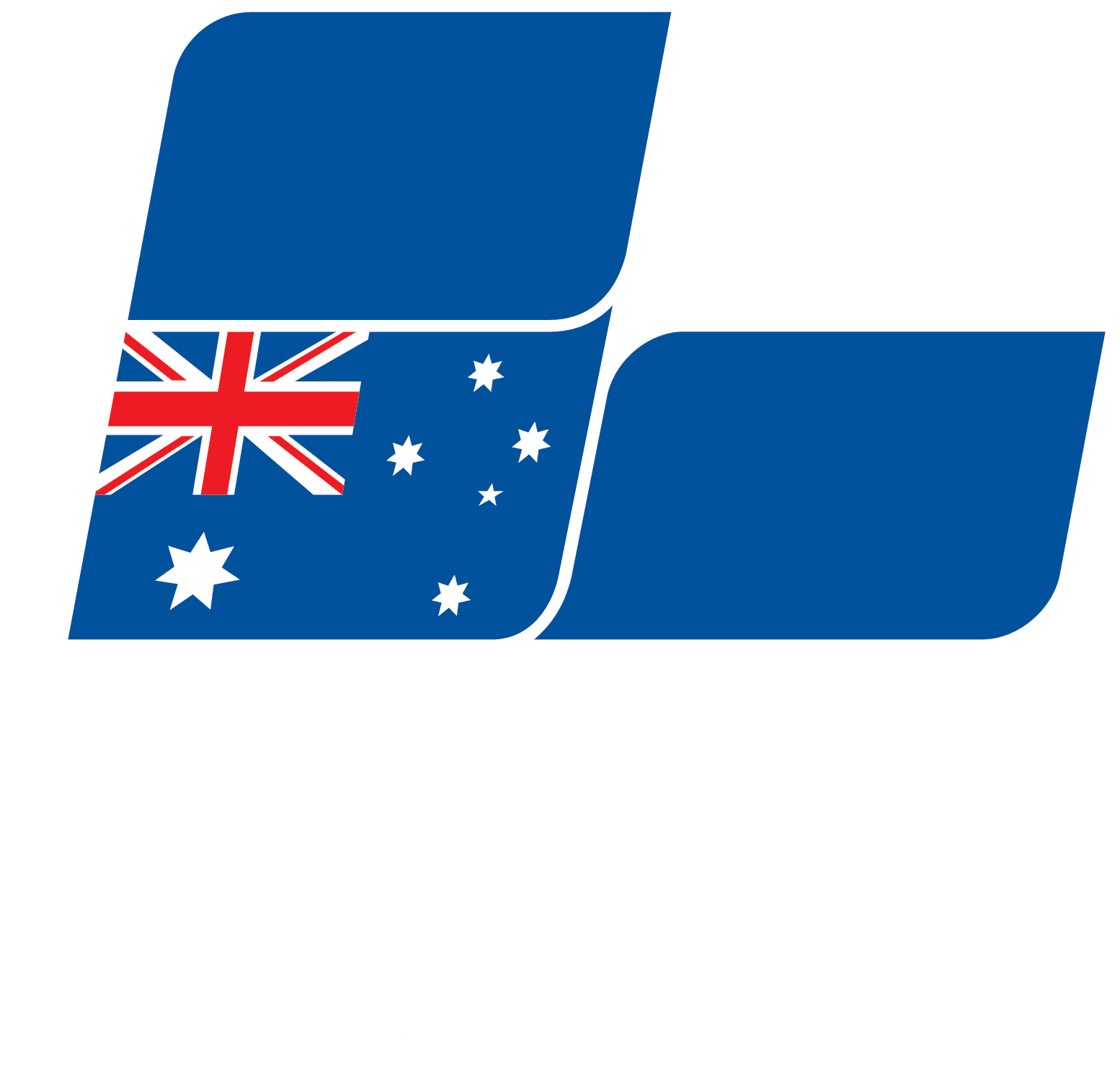Adjournment on Reforming our Federation – 13th May 2015
Senator REYNOLDS (Western Australia) (19:45): I rise tonight to speak on an exciting opportunity for all Australians to have a real say in the reform of our nation. The reform of the Federation white paper, paired with the white paper on the reform of Australia’s taxation system, together present an opportunity to secure long-term structural reform to Australia’s federal framework and the processes under which it operates.
I am all too aware that this is not a topic that would readily excite most Australians—as one of my staff recently observed, the topic is about as dry as a chip. I think that is because, historically, discussions on reforming the machinery of our federation have been confined to COAG meetings, to bureaucrats, to halls of Australia’s universities and also to dusty pages of long-forgotten history books. While taxation and revenue distribution have been, and continue to be, the subject of much public discussion and significant intergovernmental friction pretty much for the entire duration of our federation, the processes of governance in Australia are equally important. But unfortunately they are often little-understood and very rarely discussed publicly.
I would like to commend this government for providing all Australians with the very rare opportunity not only to learn more about our constitution and our federation but also to be part of the debate on the future of our nation. Today the unity of our federation is being tested on many fronts, and nowhere is this more keenly felt than in my home state of Western Australia, yet again. But no democracy, even our own at a federal and state level, should become complacent. Our federation must continue to evolve, just as Australia has done over the past century. This is to ensure that it remains sustainable and relevant into the future for future generations.
As I said in my first speech, I am both a very passionate West Australian but also a very proud Australian—two different, but not inconsistent, identities. I believe I have our wonderful, but often under appreciated, constitution to thank for that. The slogan ‘One people and one destiny’ was used by two of our founding fathers—Henry Parkes and Edmund Barton, and it resonated right across Australian colonies because it was a message of sovereign cooperation and not central integration. In many ways Australia has changed beyond recognition from the country that we were at the time of Federation. But one thing has remained constant throughout that time, and that is the robustness of our elegantly simple, but terribly powerful, constitution.
Our founding fathers very deliberately did not codify in any great detail in our constitution how the federal and state relationships would operate, and the processes and mechanisms under which that would occur. They left that for the Commonwealth, state and territory governments to determine, to review and to change as times themselves change. Therefore, as a nation we have to regularly undertake a process of review and reform to ensure that the dynamics of our federation continue to deliver the best possible outcomes for all Australians at all levels of government. It is important to note that this is not constitutional reform; it is process reform. I firmly believe that no aspect of any process should ever be sacrosanct, particularly in government. The Federation white paper itself provides a multitude of opportunities for reform. The three that are at the top of my list at the moment include a reform of the method of distribution of taxation revenue—coming from Western Australia, that is almost self evident— and also things like a re-examination of the cooperative structure of our current federalist model, with the real possibility of a shift towards a far more competitive federalism model. Thirdly, and probably the one that has been most discussed in public so far, is the elimination of wasteful duplication caused by the overlapping and hopelessly opaque governance structures between federal and state levels.
I would like to put a case for reform in each of the three areas I cited as an example of the discussions and debate this nation should now be having. Firstly, like all of us individually, the government’s focus is inevitably on money; on revenue and expenditure. Nowhere, again, is this more so than in Western Australia, where the state government is preparing to hand down its budget tomorrow. Western Australia’s GST share has plummeted to historic depths this year and is projected to continue to drop, leading to what we believe is an unfair and unsustainable situation where we retain just $1.9 billion of the $6.4 billion in GST revenue we will collect this year.
When the current guidelines of the Commonwealth Grants Commission were established this circumstance was never envisaged, and I think it is a very clear example of a process that desperately needs reform—not only for Western Australia but for other states, such as Queensland, which may well find itself in the same situation in the future.
Secondly, I believe we need to challenge and have a really robust public debate about Australia’s current cooperative federalist model—called, variously, ‘new democracy’ and other models over time. This model has evolved with little or no serious public engagement. I believe that this cooperative model provides almost no incentive for states and territories to innovate, to encourage and foster competition, and, most importantly, to generate national wealth. I believe that without fundamental change to our Federation, we will continue to see a race to the bottom, as the states with the strongest economies struggle to meet the demands of the states and territories which are heavily reliant on their income.
I believe that, at its core, federalism is a competitive endeavour, as separate sovereign governments are naturally competitive both in economic terms and in service delivery. I do not believe ‘competition’ is a word we should be afraid of in public policy. In considering the white paper we now have a fabulous opportunity to really think about how we want our Federation to operate in the future. There are many models of federalism—not just cooperative federalism or competitive federalism—and we really need to have a look at those models and have a discussion about which one of those models, or combination of models, will now best suit Australia, moving forward. All states and territories should be able to compete with each other and use their competitive advantages to the fullest extent. Every state and territory has clear competitive advantages. They can choose to exercise those advantages but if they choose to lock up their resources or not take advantage of the things that they have, they should not be rewarded for doing so.
In my home state of Western Australia we have always understood the value and requirements of enterprise. We understand ‘competition’ is not a term to shy away from, but we have always, since our colonial days, embraced it in order to drive productivity and to drive colonial wealth and, now, national wealth.
Western Australia’s economic success is no accident. It is the result of decades of sustained government and private sector investment in social and economic infrastructure, paired with sound policy and management in one of the world’s harshest and most remote regions.
So I think that any future federalism model must strike the important balance between ensuring underperforming states have the incentive to undergo economic renewal and strive towards self-sufficiency in the long term, while economically successful states, who have invested in their economic future and taken risks, have the opportunity to reap more of those rewards—rewards for, as the Prime Minister said yesterday, having a go. This should form part of any white paper discussion.
Change is never easy to achieve, particularly when it involves the federal government and all of the states and territories coming together to find common agreement. It took our founding fathers decades of talk, persuasion, compromise and, most of all, persistence and resilience—but they got together and left us a wonderful legacy. Now, over 100 years later, we have another opportunity, on a bipartisan level, to engage in the re-shaping of our nation for the 21st century. I think it is an issue which absolutely transcends party politics.
These reforms will not happen through constitutional reform but through rebalancing and reforming the processes that support it. I reckon that in any democracy that is an exciting thing.


